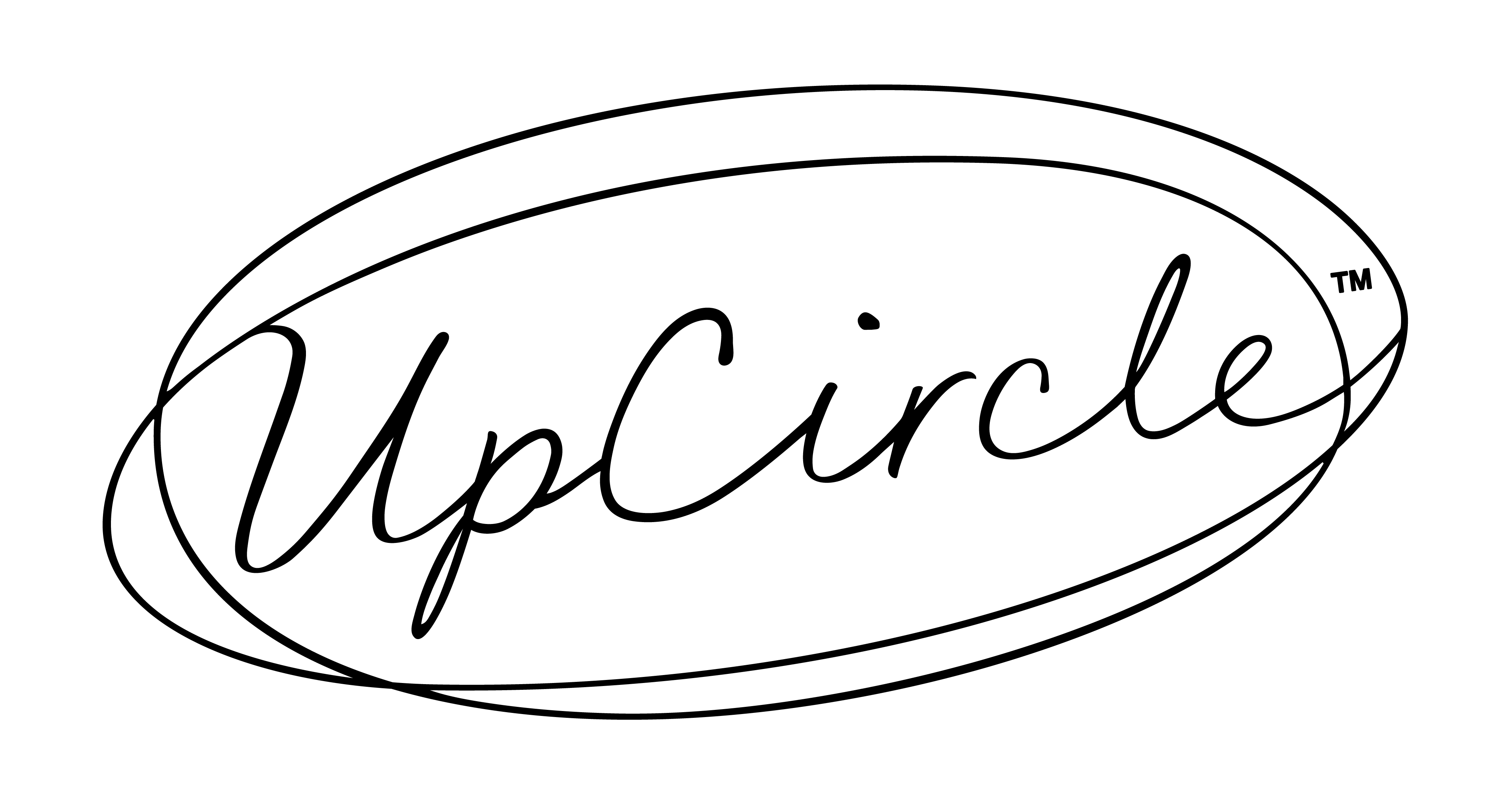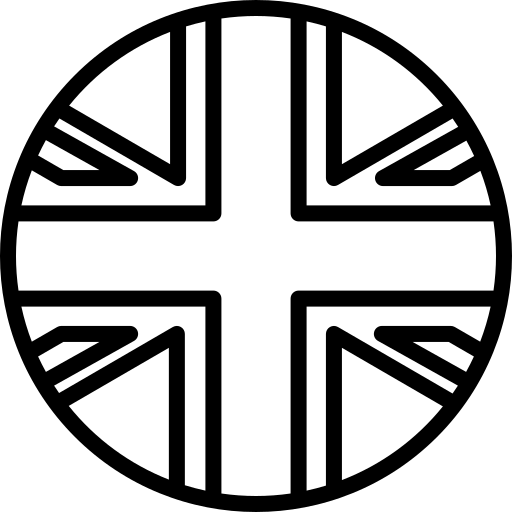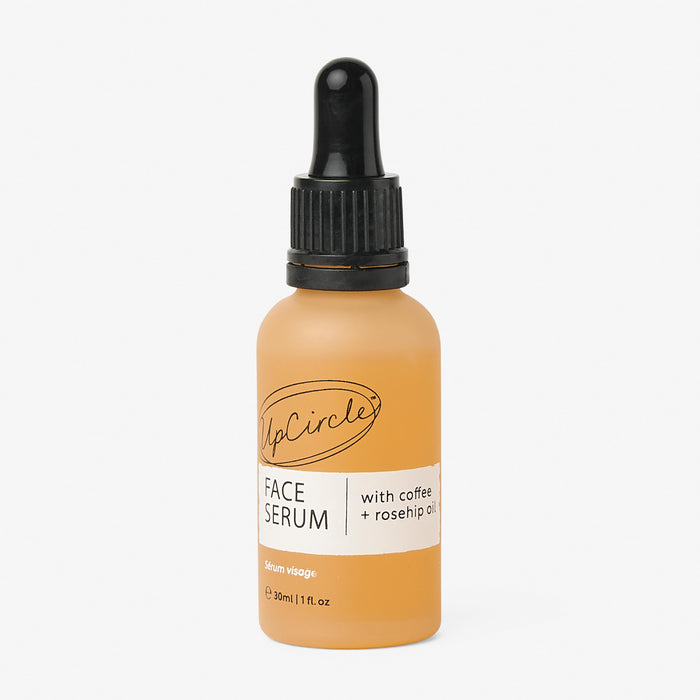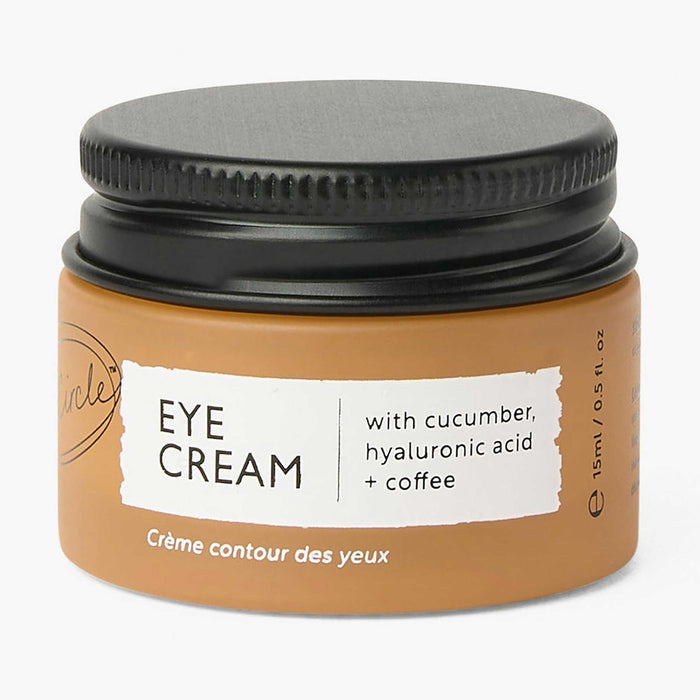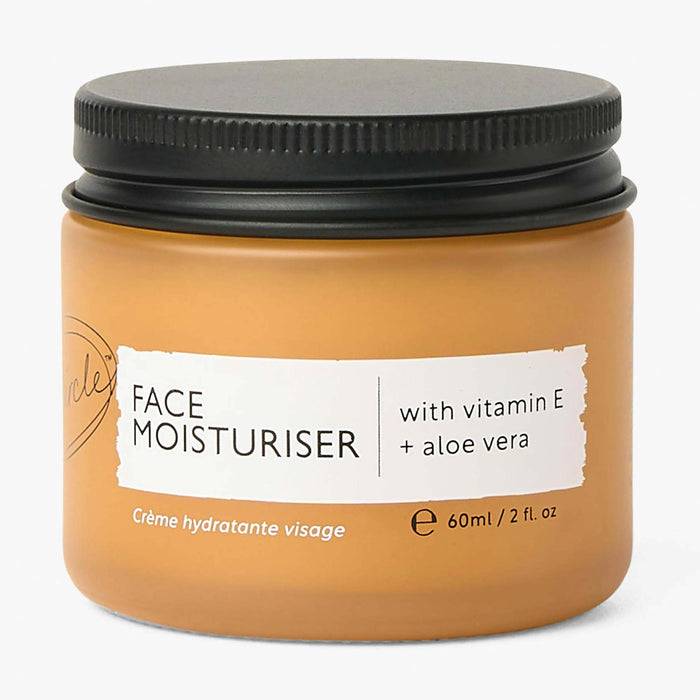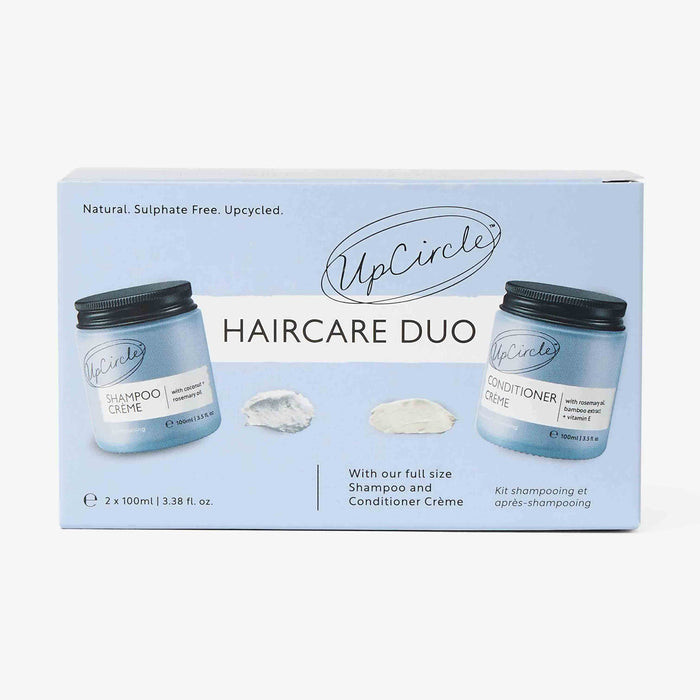Finally, we’re starting to give our hair that little bit of extra care and attention it deserves. From learning about the many benefits of double shampooing to the best ingredients for hair growth, haircare is absolutely on the agenda.
The hair growth cycle is often forgotten about when thinking about thinning hair or hair loss. Discover the ins and outs of the hair growth cycle and how UpCircle can help to nourish your hair.
The growth cycle of hair
The first thing to note is that the growth cycle of hair follicles is cyclical, meaning it carries on in a continuous cycle, year long. While you may not be seeing extra length added to your locks, your hair will still be in its hair growth cycle.
Some people split the hair growth cycle into three parts, and some people split it into four. We’ll cover all four phases and explain why some people only view the cycle in three parts.
1. Anagen phase
The anagen stage of the hair growth cycle is characterised by growth and can last for several years. At any given time, the amount of hair on your head that is in this phase is around 85-90%.
In this active phase, the hair follicle takes on the typical onion-like shape and works to produce the hair fibre. The stage can be further broken down into the proanagen and metanagen phases.
2. Catagen phase
Starting when the anagen phase ends, the catagen phase is a transition into dormancy. In the catagen stage of the hair growth cycle – which can last several weeks – the hair follicles shrink and growth slows. At this point, some follicles release the hair strands, ready to be shed later in the cycle.
3. Telogen phase
After this comes the telogen stage, which is a resting phase, where the hair follicle is dormant and hair growth does not occur. It is estimated that between 10% and 15% of the hair on your head is in this phase at any given time.
During this part of the cycle, new hairs begin to form in the hair follicles that have released hair strands in the catagen phase. This phase typically lasts between a few months and a year.
4. Exogen phase
The fourth phase of the hair growth cycle is essentially an extension of the third phase, the resting telogen phase. During the exogen phase, hair sheds from the scalp. It might seem like a lot, but it’s normal to shed between 50 and 100 hairs per day.
Washing your hair and brushing it helps this process along, as the old hairs are released from the follicle to make way for the new hairs that form.
Hair growth cycle – FAQs
What are the hair cycle phases?
The hair cycle phases are split into the anagen (growth), catagen (transition), telogen (resting) and exogen phases. Some people consider the exogen phase to be a part of the telogen phase.
How long is the hair growth cycle?
The hair growth cycle lasts for many years. However, it is important to note that the hair on your head is not all in the same phase of the hair growth cycle.
The anagen phase typically lasts several (up to seven) years, the catagen phase lasts several weeks, and the telogen phase usually lasts between a few months and a year.
Does hair fall out in cycles?
Yes, hair does fall out (shed) in cycles. Hair sheds during the exogen phase of the hair growth cycle – sometimes included within the exogen stage – where it’s normal to lose between 50 and 100 strands per day.
If lots of hair follicles are in the exogen stage at the same time – and subsequently shed at the same time – it can seem as if your hair is thinning. This can be troubling for some people, especially if hormonal changes are causing your locks to feel dry and brittle. That’s why haircare is so important – by nourishing and hydrating your locks, you can improve the look, feel and condition of your hair.
Looking after your locks with UpCircle
If you want vegan, natural and sulphate-free haircare, we’ve got you covered.
Our innovative Shampoo Crème and Conditioner Crème duo is a fan-favourite, and it’s easy to see why. Formulated with hair-loving ingredients that nourish both your hair and scalp, this refillable duo will change the way you care for your hair.
Suitable for all hair types, our Shampoo Crème with Rosemary Oil is great at helping to soothe irritated scalps. We incorporate upcycled pink berry extract into this product for this very reason, as pink berry has been clinically proven to improve a number of scalp conditions and their symptoms, such as itchy scalps and dry scalps. The pink berry we source is a by-product from natural fragrance ingredient manufacturing and is cultivated in Madagascar on local family-owned plantations.
We know the necessity of great scalp care, which is why we’ve also included coconut oil in the formulation. Coconut oil is rich in lauric acid, nourishing the hair and preventing frizz and breakages. Studies have shown that coconut oil can reduce the loss of protein in the hair, which can lead to premature shedding of hair strands.
Helping to reduce breakage and also boost resilience, our Conditioner Crème is formulated using rosemary oil, one of the wonder haircare ingredients everyone is talking about – and for good reason. Rosemary oil is known to help reduce hair loss, and also promote new hair growth, making it ideal for those who crave thicker, fuller locks.
The product is also rich in lavender oil which helps to fight free radical damage and reduce inflammation on your scalp. Working well for all hair types, our conditioner contains bamboo extract, helping to add shine to your hair and reduce dandruff.
Proudly sulphate, fragrance and cruelty free, our natural haircare helps to add some life back into your locks.
Discover our full range of hair, body and skincare at UpCircle.
